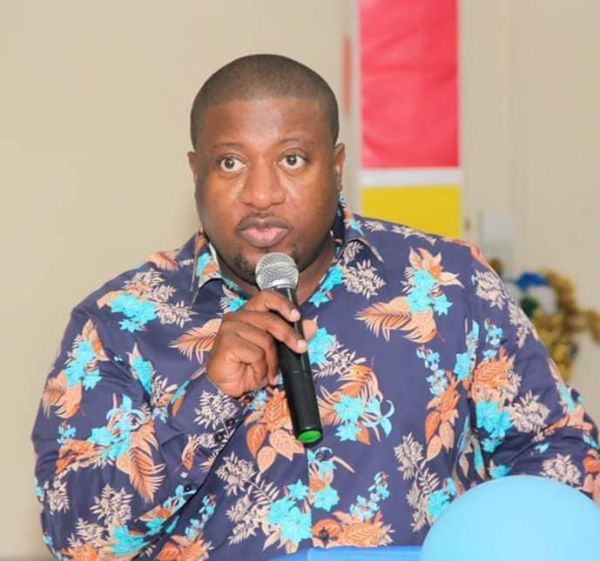As President Nana Akufo-Addo faces criticism for demanding more dynamism from women in pursuit of gender parity, New Patriotic Party (NPP) stalwart, Gabby Asare Otchere-Darko has questioned the commitment of women in his party to furthering the fortunes of women in politics.
Mr. Otchere-Darko recalled the treatment of Hajia Alima Mahama, President Akufo-Addo’s first choice for running mate ahead of the 2008 election.
When in early 2008, the presidential candidate of the NPP, Nana Akufo-Addo, hinted to the powers within his party that his first choice for running mate was the Minister for Women, Hajia Alima Mahama, the biggest organised opposition came from two powerful women groups: (1) the women caucus in Parliament (2) women organizers of the party.
Mr. Otchere-Darko described the experience as extremely “disheartening and scary.”
The President also urged the NPP to “aggressively ensure that women are selected for winnable seats” ahead of the 2016 elections.
“But, other pressing intra-party issues at the time derailed that important move,” Mr. Otchere-Darko again recalled.
President Akufo-Addo comments on women’s role in improving gender parity in governance at 2019 Women Deliver Conference in Canada has angered Ghanaian feminists who say he has the capacity to make changes.
“We are not seeing enough dynamism and activism on the part of those who are seeking. I am talking about dynamism where it matters. I am talking electing people to Parliament, controlling political parties because they are the instruments by which our societies make decisions,” he said.

But Ghanaian feminists and gender advocates have said the president’s comments erases the work done by activists to improve the lives of women.
The President notably was at a loss as to who was to open the doors for women to take hold of political power in a male-dominated political space.
Fellow panellist, Dr. Alaa Murabit, the UN’s High Commissioner on Health Employment and Economic Growth, notably questioned the President on the active steps he was taking to ensure this equality.
As far as women in politics is concerned, there are currently 38 women legislators in Ghana’s Parliament.
Also, 19 percent of the President’s appointees are women.
Ghana’s Parliament is still far off from the 30 percent mark set by the United Nations for women representation.
Ghana has made some marginal progress in recent times, with the 2016 election increasing the number of elected women from 30, representing 10.9 percent, in 2012, to 37, representing 13.5 percent.
In 2000, the representation of women in parliament was 9.5 percent, 10.8 percent in 2004 and 9.3 percent in 2006.
The UN has noted that as of June 2016 only 22.8 percent of all national parliamentarians were women, a slow increase from 11.3 percent in 1995.
As of June 2017, only two countries had been noted to have 50 percent or more women in parliament in single or lower houses: Rwanda with 61.3 percent, and Bolivia with 53.1 percent.
The UN also notes that as of January 2017, only 18.3 percent of government ministers were women.
The most commonly held portfolios held by women ministers are in environment, natural resources, and energy, followed by social sectors, such as social affairs, education and the family.
Source: citinewsroom.com
 News, Politics , Sports, Business, Entertainment, World,Lifestyle, Technology , Tourism, Gh Songs | News, Politics , Sports, Business, Entertainment, World,Lifestyle, Technology , Tourism, Gh Songs |
News, Politics , Sports, Business, Entertainment, World,Lifestyle, Technology , Tourism, Gh Songs | News, Politics , Sports, Business, Entertainment, World,Lifestyle, Technology , Tourism, Gh Songs |







